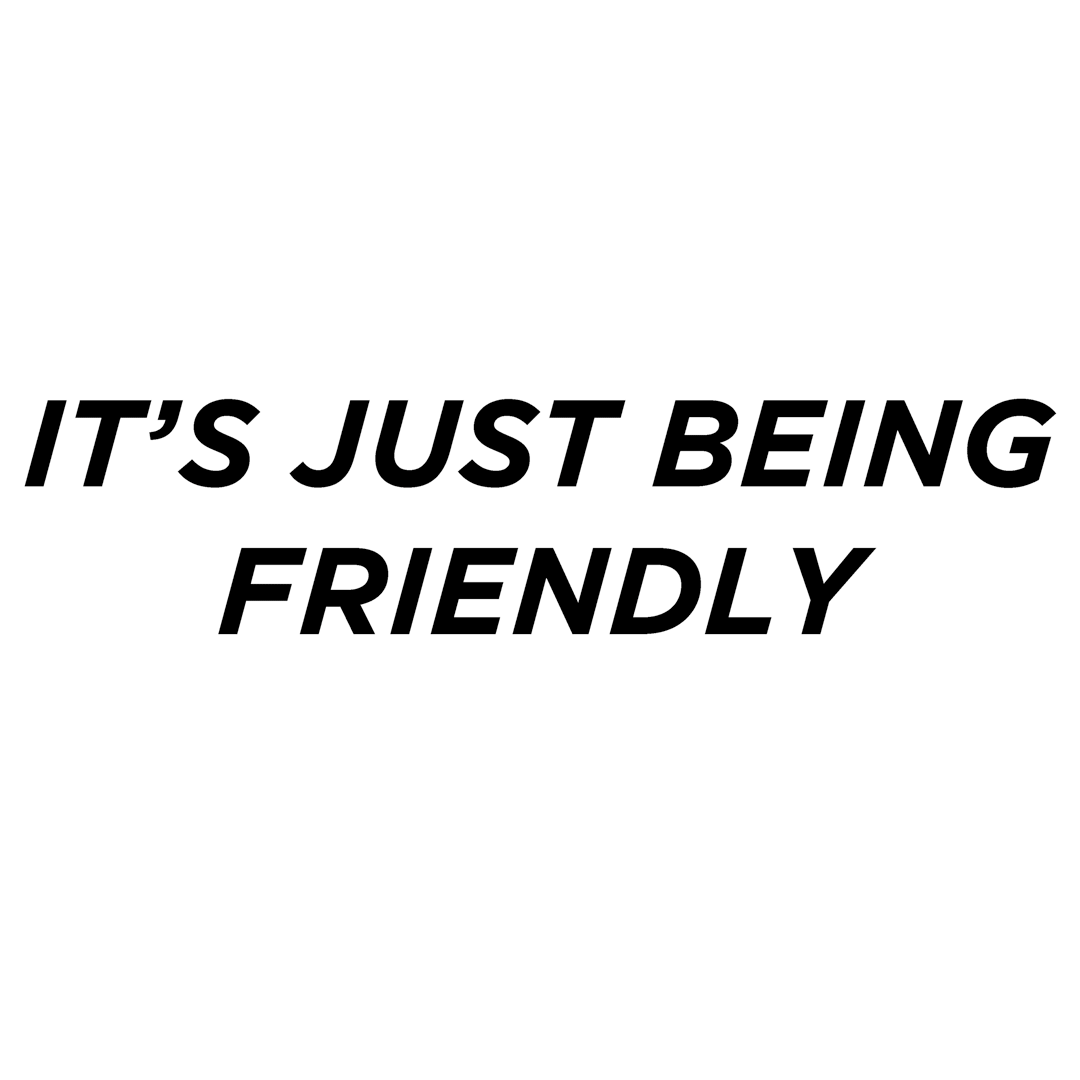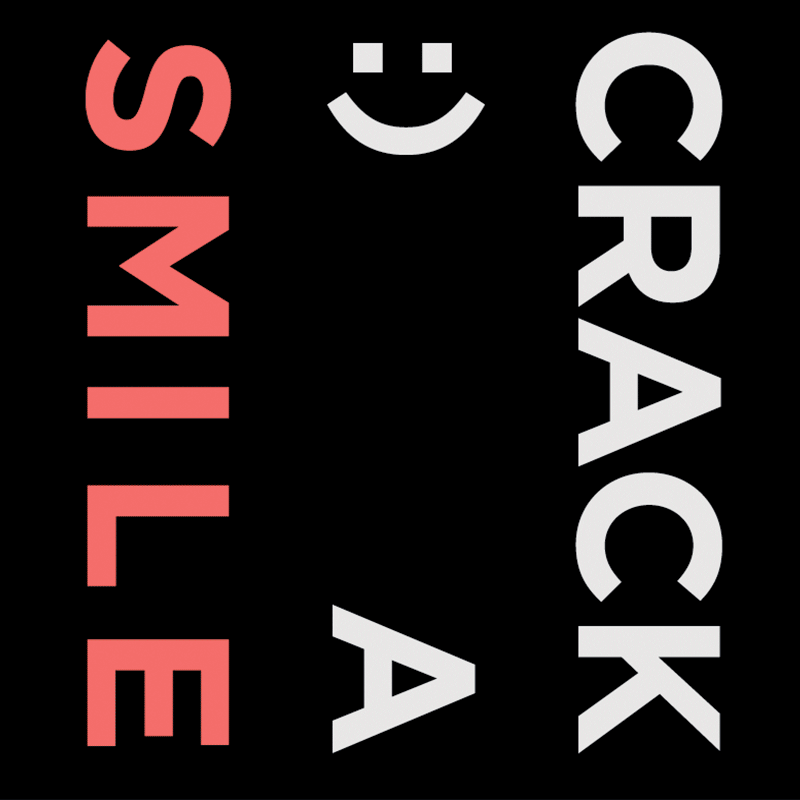Students collaborate with TIME'S UP UK on sexual harassment awareness campaign

Students from across courses at Ravensbourne were challenged to design a creative communications campaign for TIME'S UP UK — an organisation that insists on safe, fair and dignified work for women of all kinds.
The TIME'S UP movement began in the U.S last year, in response to the Harvey Weinstein allegations and the impact of the #MeToo campaign. The organisation was set up as a platform for artists, producers and female leaders in the entertainment industry to discuss what could be done to prevent abuse and to ensure equality for working women. The UK branch of the organisation was launched in February of last year, coinciding with the British Academy of Film and Television Arts (BAFTA) Awards. Following this, initiatives like the TIME'S UP UK Justice and Equality Fund were developed, which provides legal support for women who experience sexual assault, harassment or abuse in the workplace.
Run in collaboration with ‘Let’s Be Brief’ — an ‘educational platform for curious and creative minds’ — the TIME'S UP UK project challenged students to develop communications to influence behavioural change and raise awareness of the social activism movement. It comprises part of Ravensbourne’s ‘Electives’ unit, in which second year students work in interdisciplinary teams on projects which develop their creative, social and entrepreneurial skills.
As part of the project, students created GIFs and other assets for TIME'S UP UK’s social media channels, to encourage the public to think about sexual assault, harassment and inequality in the workplace.
Commenting, Pip Eldridge, TIME'S UP UK said: “TIME'S UP is a unified call for change, from women in entertainment, for women everywhere. Young voices and ownership are absolutely critical in the press for change which is why TIME'S UP UK is delighted to be working with Ravensbourne students and Let’s Be Brief on a communications piece targeted at other students.”
Stephanie McLaren-Neckles, Let’s Be Brief added: “This project was a great opportunity to help shape creative graduates before they enter industry. Ultimately this will be their industry in years to come, they’ll be the future culture creators so behaviour change really starts here.”






